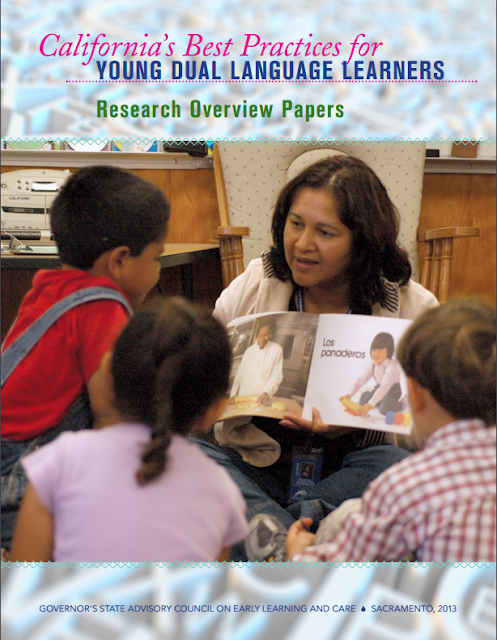Teach the Children in the Language They Know

Most publications in the sciences are in English. There is no doubt that learning English is important in basic education. Children from homes where the adults and older siblings do not regularly talk in English learn to communicate in a different language, a mother tongue different from English. These children are therefore developing their cognitive skills in a different medium. One might be quick in suggesting that this is bad for children who are expected to learn English. For this reason, it is necessary that we make ourselves knowledgeable of what current research on language learners tells us. Learning a mother tongue other than English is obviously not a disadvantage. It should not lead to developmental delays. On the other hand, simply giving a lip service to mother tongue based education is likewise incorrect. In 2013, the State Advisory Council on Early Learning and Care in California published California’s Best Practices for Young Dual Language Learners: Research Ov...








